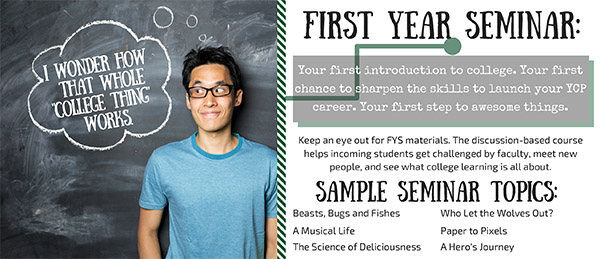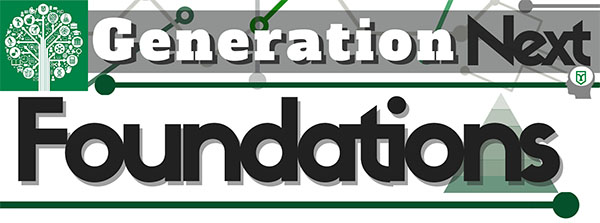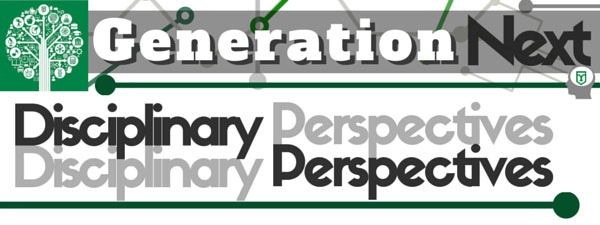Generation Next
At York College, we recognize that you are so much more than your major. You probably chose a specialized area of study based on your interests, natural talents, and career goals—but that doesn't mean you have to focus on just one thing for the rest of your life. In fact, we know that employers value well-rounded professionals and individuals with adaptable skill sets.
Generation Next is YCP's approach to general education, or gen ed. GenNext allows you to explore a variety of academic areas, so you can learn more about topics of personal interest as you develop a breadth of knowledge that complements your major. The series of classes you'll take is highly personalized and customizable, giving you the opportunity to align your coursework with your ambitions. You'll graduate ready, with experience in multiple fields and a strong foundation for lifelong learning.
/prod01/ycp-cdnpxl-media/media/york-website/style-assets-2016/images/FallCampus4000X2250-(2).jpg)
/prod01/ycp-cdnpxl-media/media/york-website/offices-and-departments/academic-affairs/campus-quad-spring-flowers.jpg)


